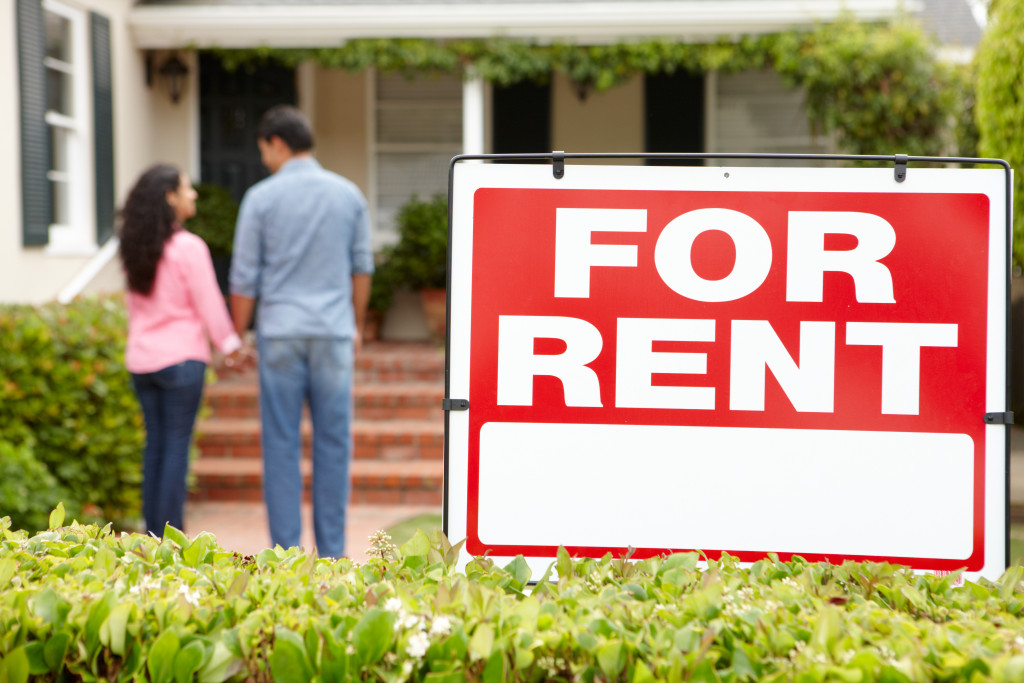Are you thinking about getting into the rental home business? It’s a great way to earn extra income. According to the National Association of Realtors, the average rental property owner earned a gross income of $9,000 in 2017. But it’s not without challenges. Many startup rental businesses fail within the first year due to poor planning and execution.
If you want to be successful in the rental home business, you need to start off on the right foot. Here’s what you need to know to get started.
1. Figure out your finances.
Before you start looking for a property to rent out, you need to figure out how much you can afford to spend. Remember that you’ll need to make repairs and improvements from time to time, so it’s essential to have some financial wiggle room. You should also set aside money for marketing and advertising your property.
A good rule of thumb is to spend no more than 10% of your gross income on a rental property. So, if you’re earning $10,000 a year from renting out your home, you shouldn’t spend more than $1,000 on the property itself. This will help you stay profitable and avoid going into debt. Try to keep your mortgage payments to no more than 25% of your rental income.
2. Choose the right property.
Not all properties are created equal when it comes to renting them out. You’ll want to find a property in a good location and good condition. It should also be the right size for your needs. If you’re unsure where to start, consult a real estate agent specializing in rentals. You can also look for properties online.
Getting a loan for a rental property can be difficult, so you may want to consider using your home equity to finance the purchase. This way, you can avoid going into debt and putting your personal finances at risk. But if you got an FHA home loan for your house, you won’t be able to use your home equity to finance a rental property. Instead, you’ll need to get a conventional loan.

3. Create a business plan.
Now that you know how much you can afford to spend and have found the perfect property, it’s time to create a business plan. This document will outline your goals, strategies, and financial projections. It will also help you get financing from lenders. If you’re not sure where to start, there are plenty of templates and resources available online.
A good business plan should include:
– Executive summary
– Company overview
– Market analysis
– Marketing and sales strategy
– Financial projections
Every rental business is different, so make sure to tailor your business plan to your specific needs. You should also update it regularly as your business grows and changes. When creating your business plan, be realistic about your income and expenses. It’s better to err on the side of caution when it comes to financial projections.
4. Get the right insurance.
Rental property insurance is different from homeowners insurance. You’ll need to get a policy that covers your specific risks, such as damage from tenants or natural disasters. You should also consider getting liability insurance to protect yourself from lawsuits. This is especially important if you have high-value items in your rental property, such as a swimming pool or hot tub.
Talk to your insurance agent about what coverage you need. You can also get quotes from different companies to compare rates. You may be able to get a discount if you bundle your rental property insurance with your other policies, such as your car insurance.
5. Screen your tenants carefully.
The last thing you want is to end up with problem tenants who don’t pay their rent on time or damage your property. So, it’s important to screen potential tenants carefully. You should check their credit history and run a background check. You should also require them to provide references from previous landlords.
Get a feel for who they are as a person during the interview process. Trust your gut—if something feels off, it’s probably best to keep looking. Some landlords also require tenants to have renter’s insurance. This can help protect your property in case of damage or theft. You can require proof of insurance as part of the application process.
Renting out a home can be a great way to earn some extra income, but it’s essential to do your homework before getting started. By following these tips, you can set yourself up for success in the rental home business. Always remember to screen your tenants carefully and get the right insurance for your property. With a little effort, you can be a successful landlord in no time.

